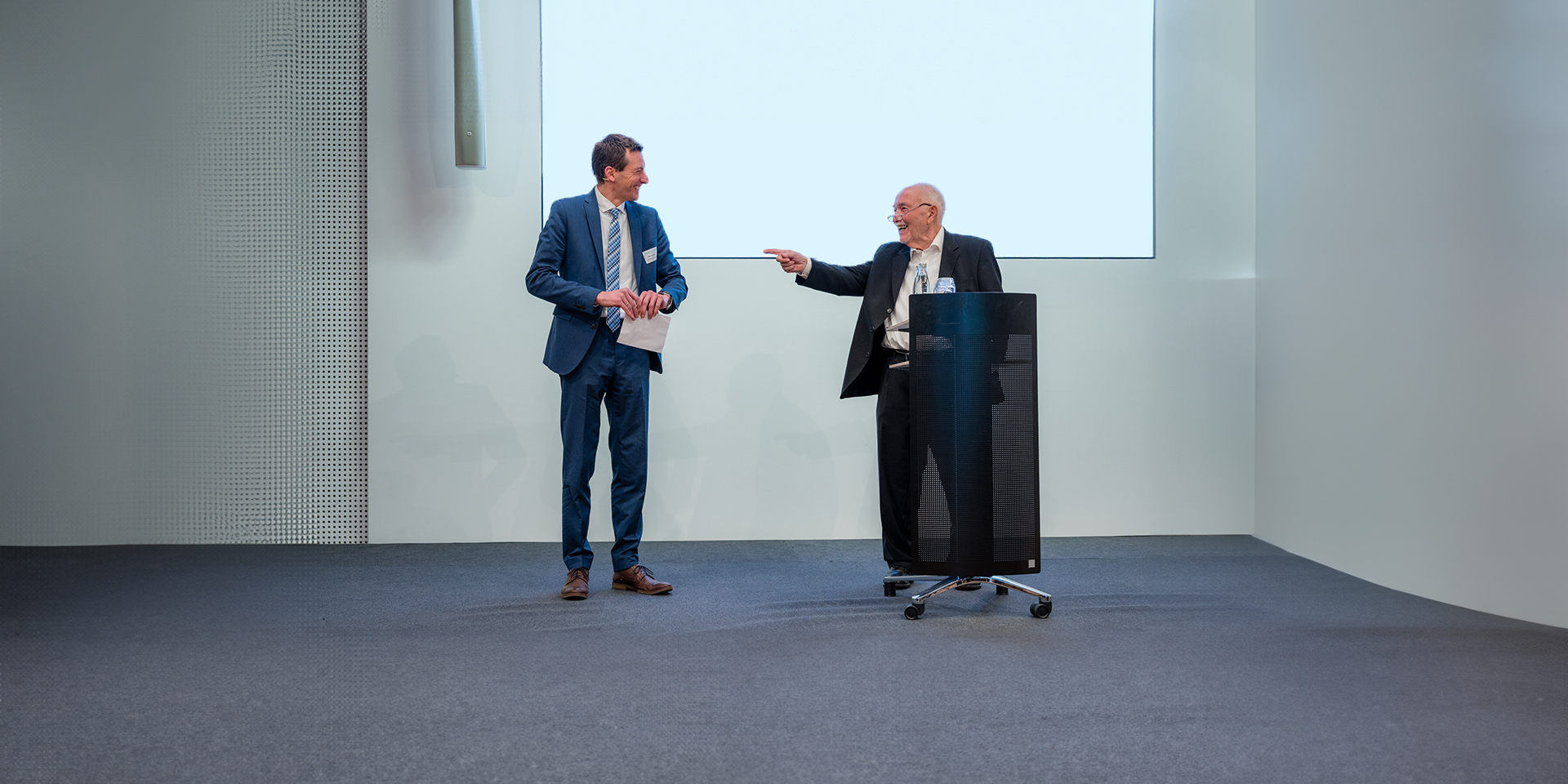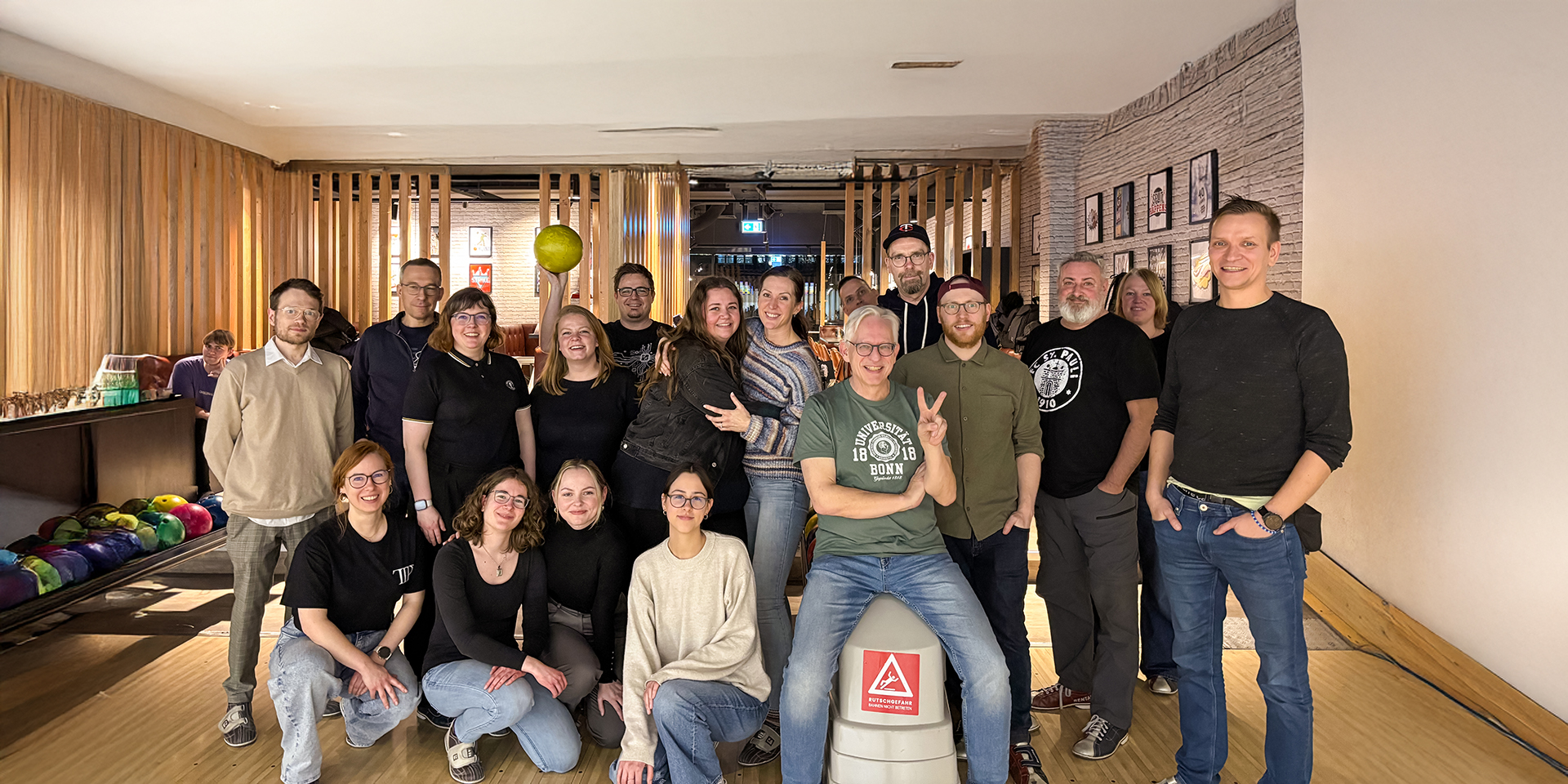The “Megatrends in Transport” conference, which took place on March 26 at the House of Logistics and Mobility (HOLM) in Frankfurt am Main, focused on discussion and controversy. The event was hosted by Prof. Dr. Rüdiger Sterzenbach, a renowned economist and transport economist. The DVV Media Group acted as media partner, and publishing director Manuel Bosch moderated the top-class program.
A central element of the event was the networking of politics, science and business. The 200 or so participants received plenty of food for thought from the presentations and impulses. The event began with opening statements by Rhineland-Palatinate Transport Minister Katrin Eder and RMV Managing Director André Kavai. A highlight was the presentation by the host himself. Scientific contributions from experts such as Karen Horn, Gernot Sieg, Heike Link, Alexander Eisenkopf and Frank Fichert significantly expanded the scope of the discourse. Alexander Möller, Oliver Wittke, Tobias Heinemann, Andreas Bieniok and Thorsten Müller took on the practical anchoring in the mobility sector.
One conclusion of the congress was that it could not be a question of an absolutist system, but rather a balanced combination of state and market-based approaches. Within the framework of services of general interest, the state must set the framework for mobility, define and finance objectives and qualities. At the same time, competitive efficiencies and entrepreneurial approaches are valuable in the mobility sector. The current situation of infrastructure and services in local public transport shows that the market organization is currently not optimal. The challenges in the financing and design of local public transport services require a sensible combination of state and market-based approaches as well as a willingness to implement structural reforms.
Image source: Megatrends in transportation / Andreas Mann




